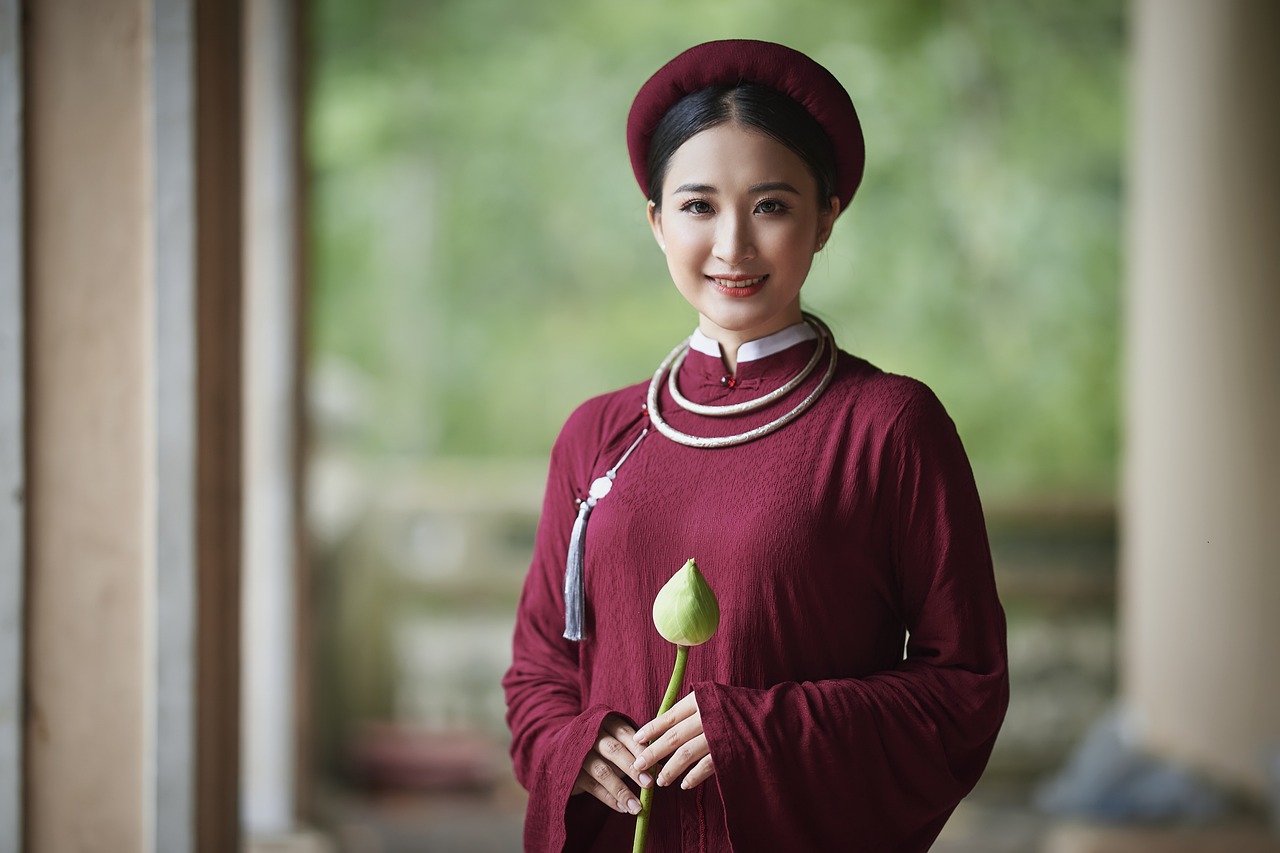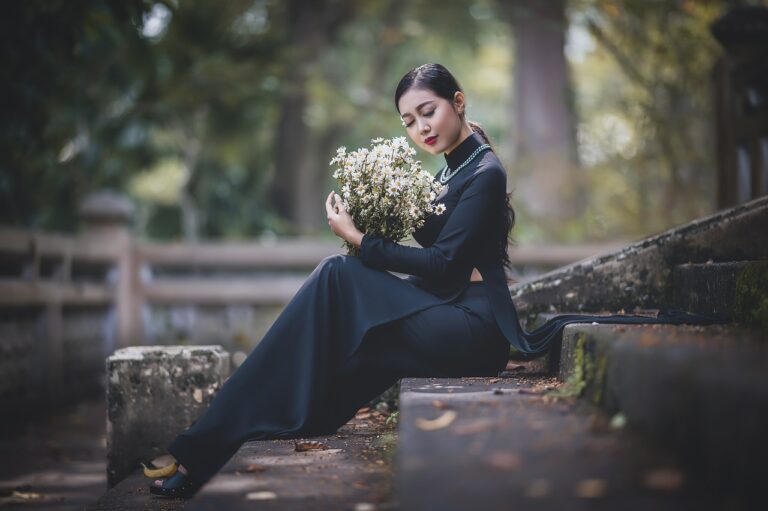Fashion and Cultural Revival: Celebrating Indigenous Fashion and Artisan Crafts: Laserbook 247 com, Lotus299 id, 11xplay reddy login
laserbook 247 com, lotus299 id, 11xplay reddy login: Fashion and Cultural Revival: Celebrating Indigenous Fashion and Artisan Crafts
Fashion has always been a powerful tool for expressing cultural identity and heritage. In recent years, there has been a growing movement to celebrate and promote indigenous fashion and artisan crafts as a way to honor traditional craftsmanship and support communities that have been historically marginalized.
Indigenous fashion and artisan crafts are not just about aesthetics. They are deeply rooted in the histories, traditions, and values of indigenous communities around the world. From intricate beadwork and weaving techniques to vibrant patterns and colors inspired by nature, indigenous fashion tells a story of resilience, creativity, and cultural pride.
In an era of fast fashion and mass production, the revival of indigenous fashion and artisan crafts is more important than ever. By supporting indigenous designers and artisans, we can help preserve traditional techniques and knowledge, create sustainable livelihoods for communities, and promote cross-cultural understanding and appreciation.
One of the key reasons for the resurgence of indigenous fashion and artisan crafts is the recognition of their importance as a form of cultural heritage. Many indigenous communities are reclaiming their traditional clothing and accessories as a way to assert their cultural identity and resist cultural assimilation. By wearing and promoting indigenous fashion, individuals can show their solidarity with indigenous peoples and contribute to the preservation and promotion of their rich cultural heritage.
Indigenous fashion and artisan crafts are also gaining popularity in mainstream fashion and design circles. Designers and brands are increasingly drawing inspiration from indigenous cultures and collaborating with indigenous artisans to create unique collections that blend traditional craftsmanship with contemporary aesthetics. This cross-pollination of ideas and techniques not only enriches the fashion industry but also fosters cultural exchange and dialogue.
Moreover, the demand for sustainable and ethical fashion is driving consumers to seek out handmade, locally produced, and environmentally friendly products. Indigenous fashion and artisan crafts align with these values, offering consumers an opportunity to support small-scale producers, reduce their environmental footprint, and connect with the stories and traditions behind the products they purchase.
In celebrating indigenous fashion and artisan crafts, we can also challenge stereotypes and misconceptions about indigenous cultures. By showcasing the diversity and creativity of indigenous designers and artisans, we can highlight the unique perspectives and contributions of indigenous peoples to the global fashion landscape. Through exhibitions, fashion shows, and collaborations, we can amplify indigenous voices and redefine the narratives surrounding indigenous art and fashion.
As we continue to celebrate and promote indigenous fashion and artisan crafts, it is essential to recognize the challenges and barriers that indigenous communities face in accessing markets, resources, and opportunities. Structural inequalities, cultural appropriation, and lack of recognition and protection of indigenous intellectual property rights are some of the issues that need to be addressed to ensure the fair and equitable participation of indigenous peoples in the fashion industry.
In conclusion, celebrating indigenous fashion and artisan crafts is not just about aesthetics or trends. It is a form of cultural activism that seeks to empower indigenous communities, promote cultural diversity and sustainability, and foster dialogue and understanding across cultures. By supporting indigenous designers and artisans, we can contribute to the revival and revitalization of indigenous cultures and craft traditions, creating a more inclusive and equitable fashion industry for future generations.
—
FAQs:
1. What is the significance of indigenous fashion and artisan crafts?
Indigenous fashion and artisan crafts are important forms of cultural expression and identity that help preserve traditional knowledge and craftsmanship.
2. How can individuals support indigenous designers and artisans?
Individuals can support indigenous designers and artisans by purchasing their products, attending their events and exhibitions, and promoting their work on social media.
3. What are some challenges faced by indigenous communities in the fashion industry?
Indigenous communities face challenges such as cultural appropriation, lack of access to markets and resources, and limited recognition and protection of their intellectual property rights.
4. How can the fashion industry promote diversity and inclusivity?
The fashion industry can promote diversity and inclusivity by actively collaborating with indigenous designers and artisans, incorporating diverse perspectives and voices in their creative processes, and advocating for the fair representation and empowerment of marginalized communities.







